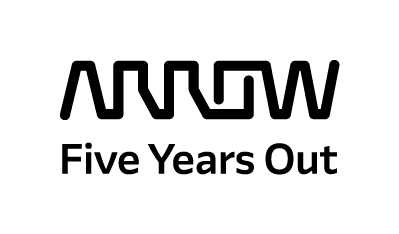Ecovadis Conference 2016: Calling All Brands
Carol Baroudi
Two weeks ago in Paris, EcoVadis held its annual conference, providing content to both its customers and its global staff of analysts, those ultimately responsible for scoring companies across a spectrum of corporate social responsibility and sustainability criteria. The content ranged from the macro – current trends as presented in the opening keynote by author Andrew Winston – to the very specific, including a strong focus on the state of labor in the global supply chain.
EcoVadis’ premise is straightforward: use the strength of the global supply chain to effect the very necessary changes in environmental, ethical and social practices. Their presumption, with which I concur, is that the true power lies with the multinational corporations. More than any single government, the multinationals, with their long tentacles of suppliers, can engender change where no single government can.
China: “Brands, please help”
Nowhere is this more evident than in China. If China’s manufacturing sector is responsible for widespread pollution, a root-cause analysis will show Western demand for products at rock-bottom prices to be a primary culprit. The media showed that focusing on a particular brand can be effective, such as when the spotlight turned to Apple in 2012, linking it to worker exploitation in China. Since that time, Apple has become the leader among technology companies for its willingness to delve into working conditions and work to improve them.
In the breakout session “China Rising – Progress and Reality in Green Supply Chain Practices,” Ma Yingying, a researcher at the Institute of Public & Environmental Affairs (IPE), said that the only thing that motivates the Chinese to change is pressure from their customers – namely those big brands with big buying power. Her plea was simple and direct: please pressure your suppliers to do better.
Put down the shield; pick up the sword
When Andrew Winston kicked off the day, he said that he hoped to provide the information – the sword – necessary for organizations to make the changes they need to make. When Rosey Hurst, CEO of Impactt, took the mic, she said that when it comes to transparency in the supply chain, organizations are too quick to pick up the shield – hiding behind what they perceive as risk, fighting transparency for fear of liability. As she described the virtually slave-like conditions of many of today’s workers, EcoVadis’ emphasis on labor alongside other ethical and environmental concerns was clear, strongly differentiating it from climate-centric reporting mechanisms.
Turning the crank on the supply chain
As this was an event for EcoVadis clients and employees, it’s no surprise that there was strong affirmation for the use of the EcoVadis scorecard as a key mechanism for improving supplier performance. Indeed, one EcoVadis gold organization says that holding this ranking from EcoVadis helps the company reduce the number of audits from its customers. Essentially, he said, his customers are willing to take EcoVadis’ word that his company’s operations are among the most highly ranked, and that saves his organization enormous amounts of work.
If your organization is using EcoVadis or other third-party evaluations to assess your suppliers, I’d love to hear from you. Drop me a line at cbaroudi@arrow.com.
Carol Baroudi works for Arrow’s Value Recovery business promoting sustainability awareness and action. She is the lead author of Green IT For Dummies. Her particular focus is on electronics at the IT asset disposition stage, e-waste, and everything connected. Follow her on Twitter @carol_baroudi and connect with her on LinkedIn at www.linkedin.com/in/carolbaroudi.



